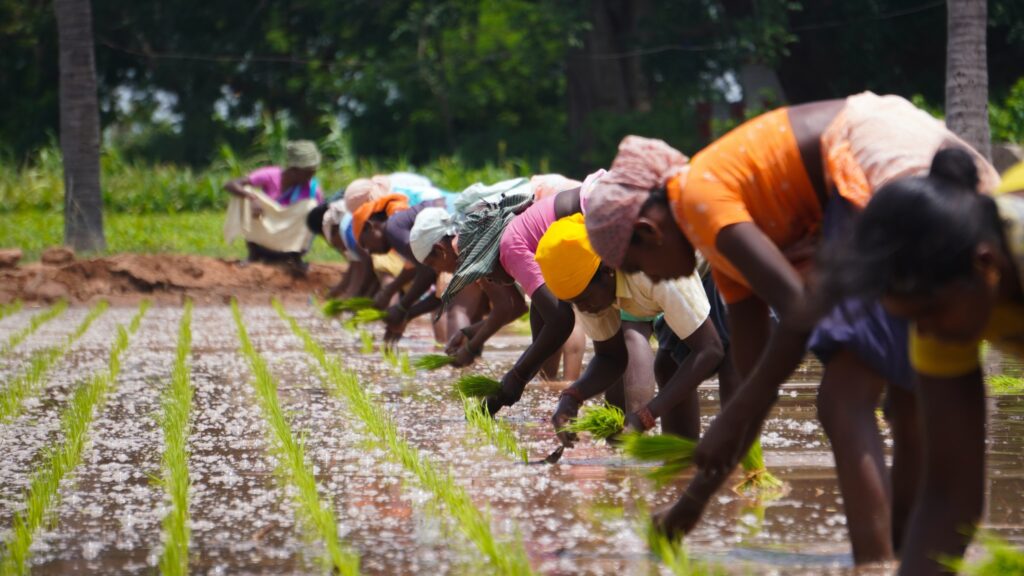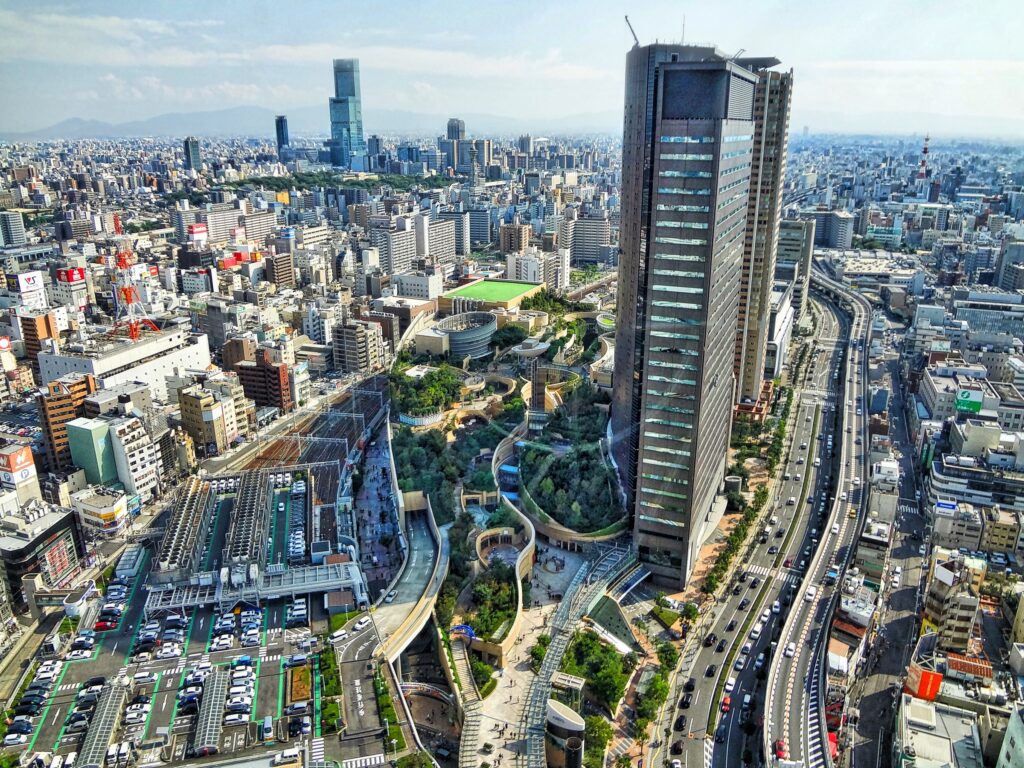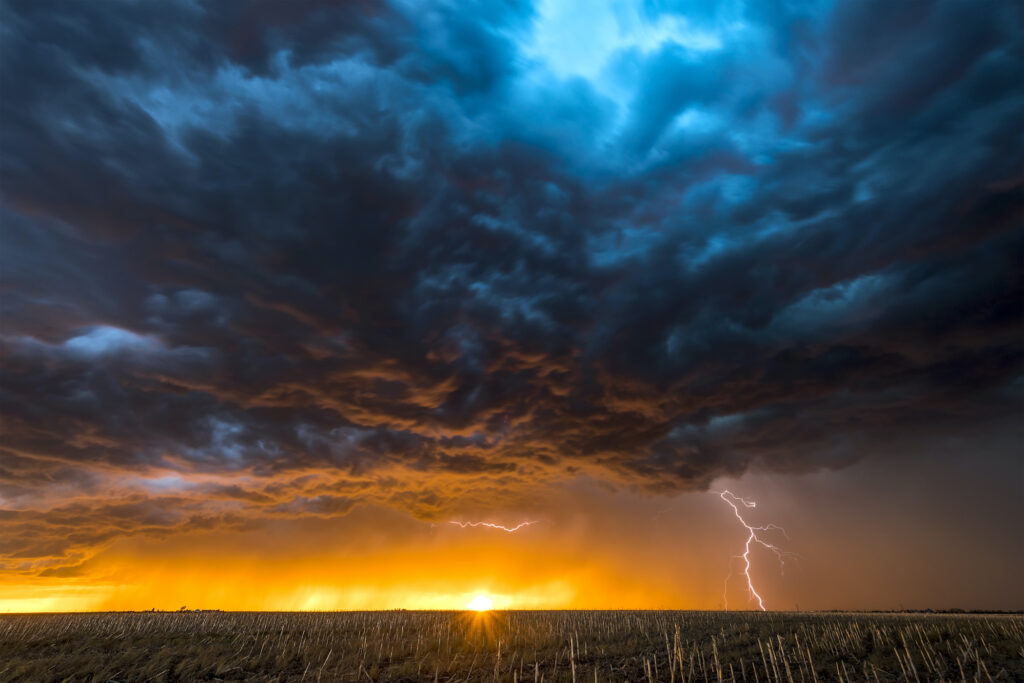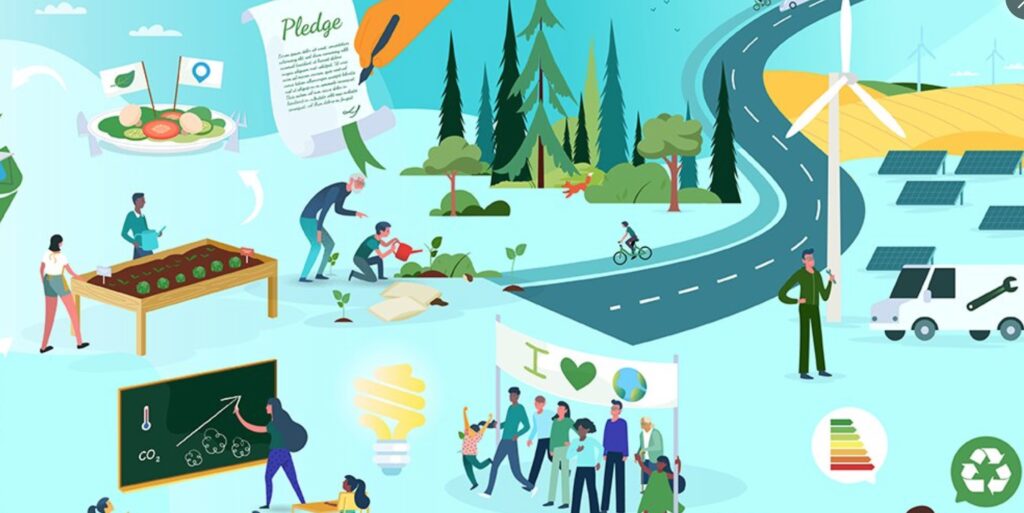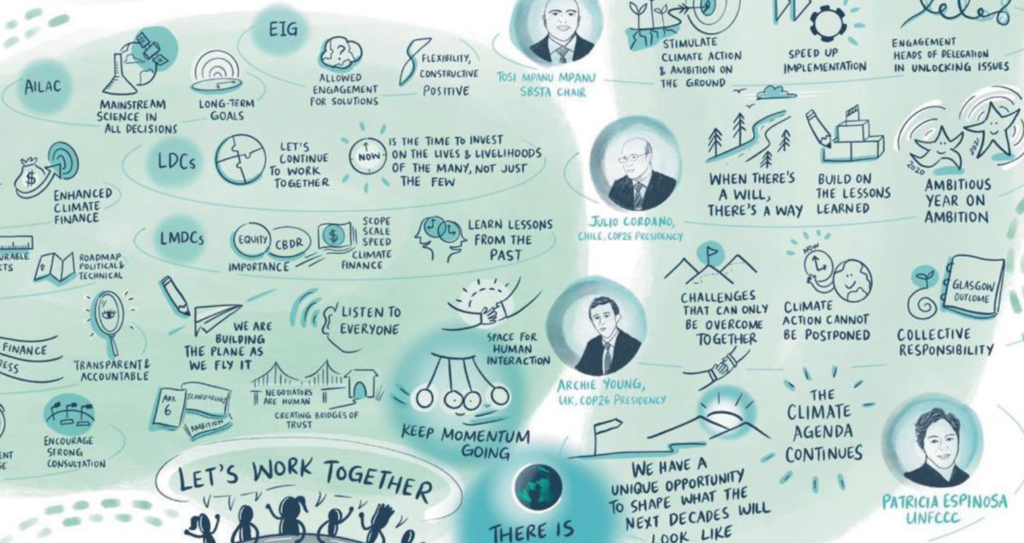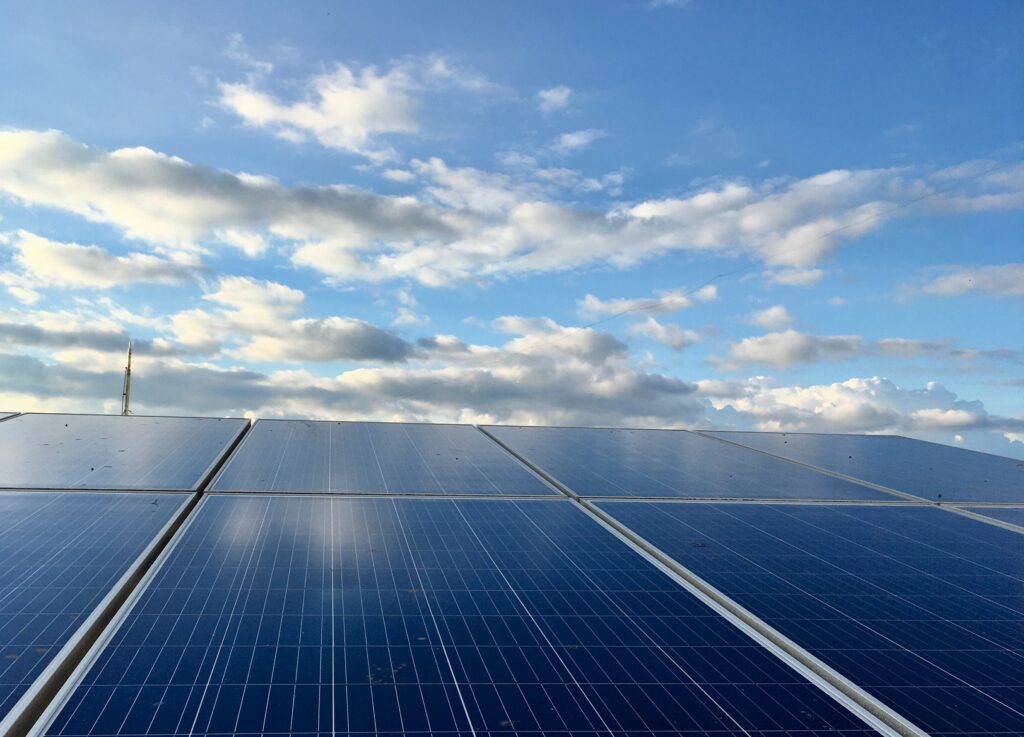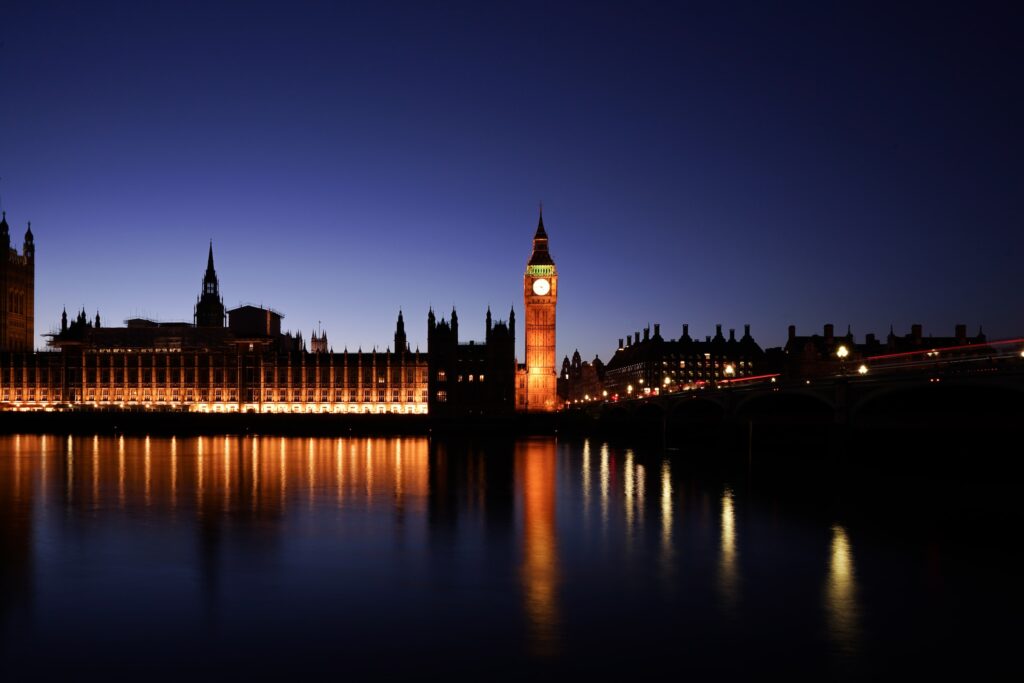
Next Generation Fund: Putting the EU at the Forefront of the Transition
The €750 billion plan will help member states address the COVID-19 pandemic whilst ensuring that their economies undertake green and digital transitions. Climate goals, research and innovation, Horizon Europe, fair climate and digital transitions: all you need to know about the largest stimulus package ever to be advanced through the EU budget.

